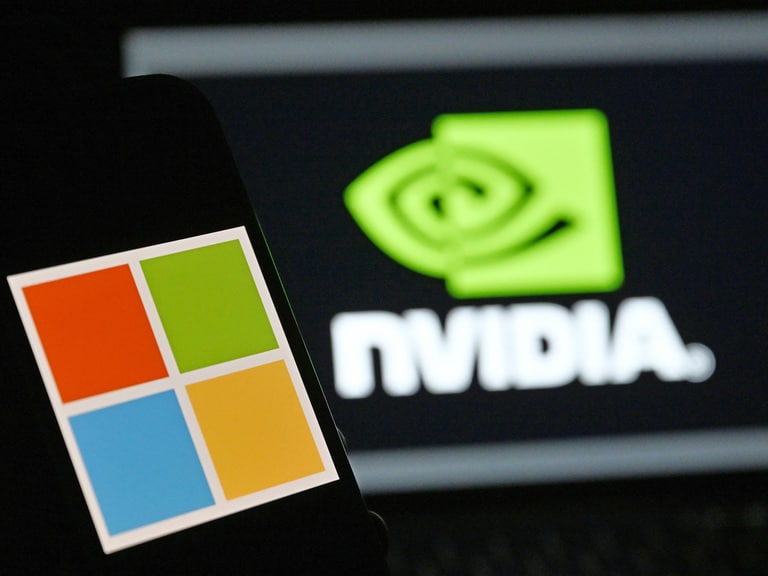A lot of people are now getting their groceries delivered directly to their houses and are avoiding dining at restaurants. However, food delivery companies are still struggling to be profitable.
This article was originally published on MyWallSt — Investing for Everyone.
Higher sales don’t mean higher profits
One of the big issues is that a lot of grocery stores and restaurants are now looking to bypass the likes of Uber (NYSE: UBER) Eats, Grubhub, Postmates, and DoorDash. There is also the fact that most of these delivery services are not profitable and this doesn’t look like changing any time soon.
While there is an unprecedented demand for food delivery services, busier doesn’t necessarily mean more profit for these companies. Grubhub increased its advertising spend by 40% in the U.S. between February and May, totaling $27 million for the period, but has since been taken over by Just Eat Takeaway (AMS: TKWY) for $7.3 billion. Postmates has upped its advertising spend by 82% and DoorDash by 35%.
With restaurants struggling, there is also a lot of pressure to cut the commissions that delivery companies charge (often 10% – 30% per order). There are even some cities that have been putting in place a cap on the fees that a delivery company can charge a restaurant while the pandemic is ongoing.
Big hitters in the sector
Uber recently announced that it is acquiring Postmates in a deal worth about $2.65 billion after failing to buy Grubhub a month prior. This will see the food delivery market start to consolidate and create what is the second-largest food delivery service in the U.S behind DoorDash (44% market share).
Grubhub has only been just about breaking even during the recent pandemic, with its earnings after expenses set to drop 90% year-on-year in Q2 down to $5 million. In 2019, the company posted a net loss of $18.6 million and has a market share of about 23%.
Uber Eats vice president Pierre-Dimitri Gore-Coty stated recently that increasing profitability is the main goal of the company. It has now stopped offering food delivery in eight global markets where it had been struggling to compete. With the demand for Uber ride-hailing dropping by 80% in April, the company is looking at other ways to drive revenue.
DoorDash has been looking into going public, with the company valued at almost $16 billion and recently obtaining $400 million worth of Series H funding.
Is there any hope?
One positive for delivery companies during the crisis was that a lot of restaurants that previously did not use these types of services began to do so. The likes of Waffle House and Darden Restaurants’ (NYSE: DRI) Olive Garden started using these delivery companies for the first time during lockdown. Waffle House will continue working with Postmates even after all restaurants are back up and running.
However, there are not as many exclusivity deals as there once was. In an attempt to increase sales as much as possible, a lot of restaurants work with all of the major food delivery companies rather than just one.
Some restaurant chains have also underlined how it is more profitable for them to look after delivery services in-house rather than using companies. These restaurant chains include Chipotle Mexican Grill (NYSE: CMG), Applebee’s, and The Cheesecake Factory (NASDAQ: CAKE).
It looks like the bigger companies in this space will eat up the smaller ones until it is a two-horse race; once that day arrives, then the businesses might become consistently profitable, but it appears to be a race to zero until then. While consolidation may bring companies closer to profitability, the high costs, and increasing shift towards in-house delivery do not inspire confidence.
MyWallSt makes it easy for you to pick winning stocks. Start your free trial today — it's the best investment you'll ever make.
MyWallSt is a maker of financial investment tools designed to transform anyone into an informed, confident investor. With our award-winning apps and investing services, we'll show you how to get started and beat the market. Learn more here.
Disclaimer Past performance is not a reliable indicator of future results.
CMC Markets is an execution-only service provider. The material (whether or not it states any opinions) is for general information purposes only, and does not take into account your personal circumstances or objectives. Nothing in this material is (or should be considered to be) financial, investment or other advice on which reliance should be placed. No opinion given in the material constitutes a recommendation by CMC Markets or the author that any particular investment, security, transaction or investment strategy is suitable for any specific person.
The material has not been prepared in accordance with legal requirements designed to promote the independence of investment research. Although we are not specifically prevented from dealing before providing this material, we do not seek to take advantage of the material prior to its dissemination.
CMC Markets does not endorse or offer opinion on the trading strategies used by the author. Their trading strategies do not guarantee any return and CMC Markets shall not be held responsible for any loss that you may incur, either directly or indirectly, arising from any investment based on any information contained herein.
*Tax treatment depends on individual circumstances and can change or may differ in a jurisdiction other than the UK.
Continue reading for FREE
- Includes free newsletter updates, unsubscribe anytime. Privacy policy





